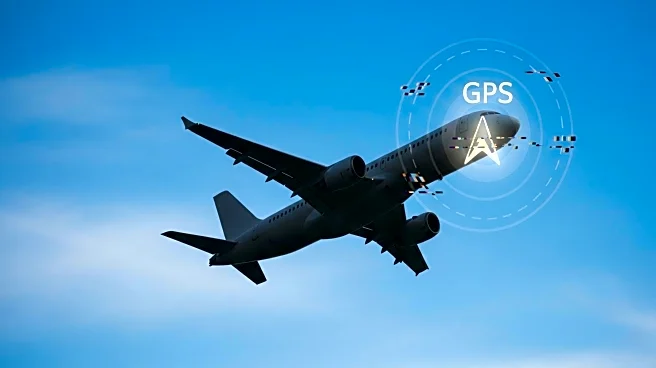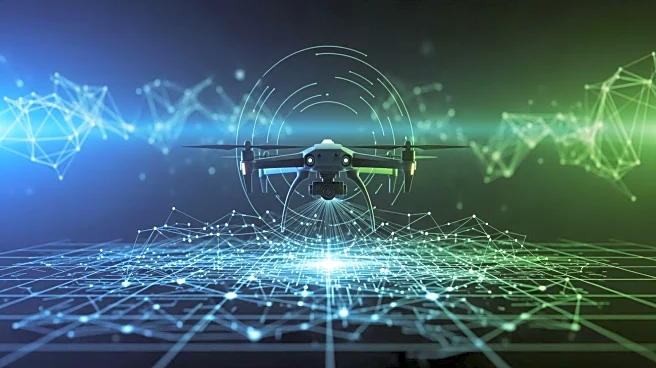What's Happening?
Officials suspect Russia is behind GPS interference on a plane carrying European Commission President Ursula von der Leyen. The aircraft, en route to Bulgaria, was forced to land using paper maps after GPS navigation services were disabled. This incident is part of a growing trend of GPS jamming affecting flights, particularly in European countries close to Russia. The interference is believed to be a targeted operation, as the plane was the only flight affected in the area at the time. European governments have reported an increase in such incidents since Russia's invasion of Ukraine in February 2022, with Baltic states frequently experiencing GPS jamming.
Why It's Important?
The suspected GPS interference highlights the ongoing geopolitical tensions between Russia and the European Union, particularly affecting countries near Russia's borders. This incident underscores the vulnerability of civil infrastructure to foreign interference, emphasizing the need for enhanced security measures. The European Commission views this as a justification for increased defense spending, not only in military capabilities but also in civil infrastructure and cybersecurity. The potential risk to public safety and disruption to daily life, including navigation services, is significant, prompting calls for urgent action to safeguard against such threats.
What's Next?
The Bulgarian authorities are investigating the incident to determine the exact cause and responsible parties. The European Commission is likely to push for stronger security measures and increased investment in defense and cybersecurity across member states. This incident may lead to heightened diplomatic tensions between the EU and Russia, with potential discussions on international regulations to prevent GPS interference. The Kremlin has denied involvement, but the situation may prompt further scrutiny and diplomatic engagement to address these security concerns.
Beyond the Headlines
The incident raises ethical and legal questions about the use of technology in geopolitical conflicts. GPS jamming not only poses a direct threat to aviation safety but also challenges international norms regarding the use of technology in warfare. The growing frequency of such incidents may lead to long-term shifts in how countries approach cybersecurity and defense strategies, potentially influencing international policy and cooperation in technology governance.










